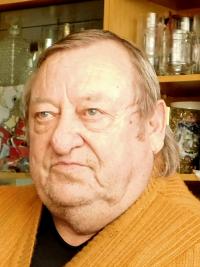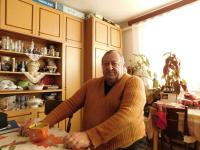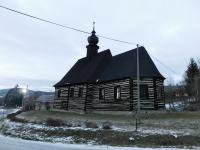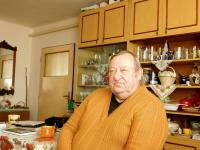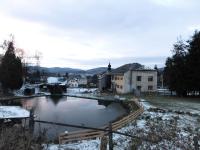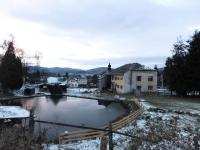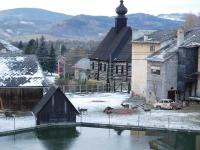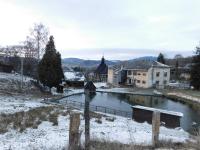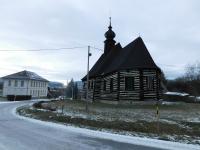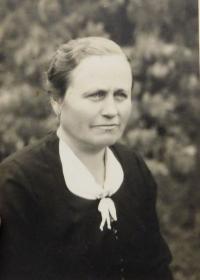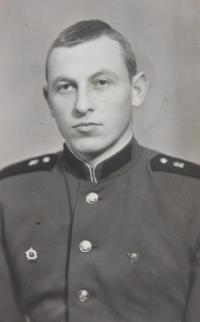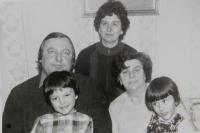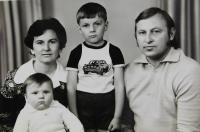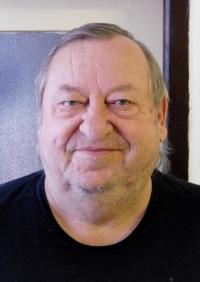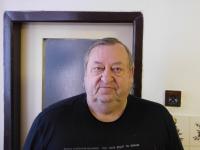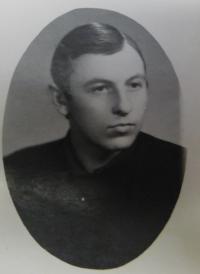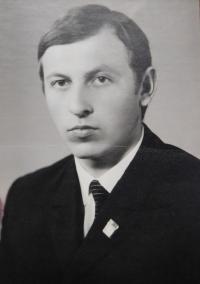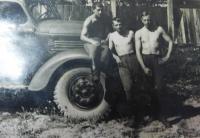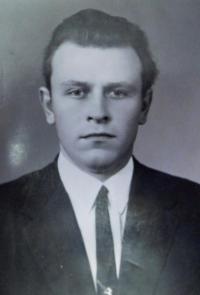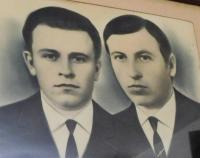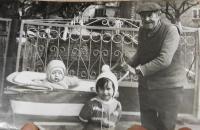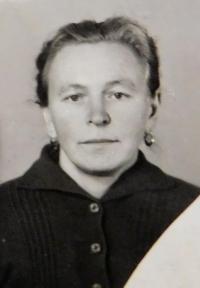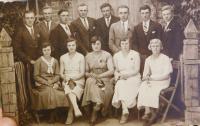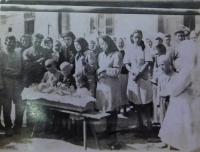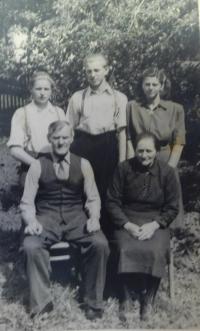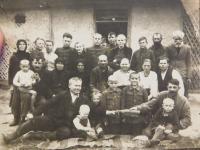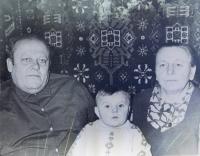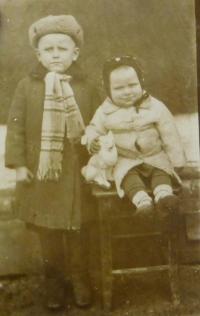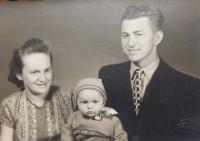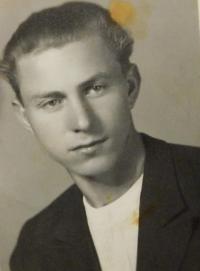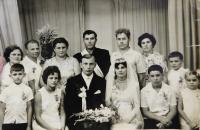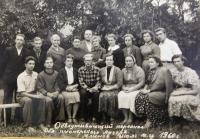Long live free Ukraine

Download image
Bohdan Ševčuk was born on 22nd June 1950 in Tarasiv, Ukraine, back then part of the Soviet Union. While his father was of Ukrainian descent, his mother was one of the Czechs of Volhynia. Her whole family re-emigrated to Czechoslovakia in 1947 but she had to stay in the Soviet Union because of her Ukrainian husband. Bohdan Ševčuk spent forty years in the Soviet Union. He worked as a bus driver and lived in a town called Mlynov with his wife and two children. He remembers his life in the Soviet Union with a certain nostalgia, which was heavily influenced by the Soviet education system. To this day he recalls the pride he felt when he and his classmates first had their pioneer scarves tied around their necks. However, when the questions turned towards human rights, another world surfaced, one with suppressed personal freedom. In 1997 Bohdan Ševčuk moved to the Czech Republic with his mother, his wife, and their children, and settled in Maršíkov in the Šumperk area, where he still lives as of 2017.
